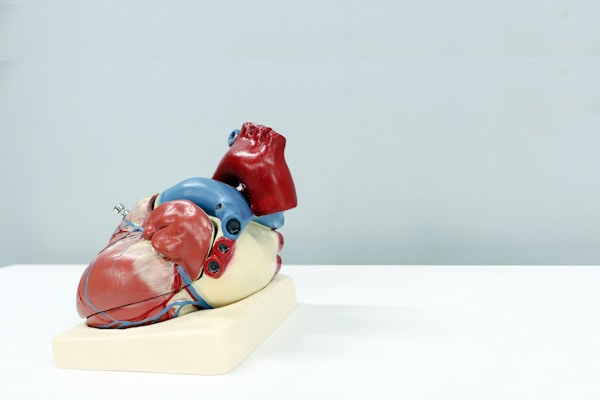Binge drinking has become a common occurrence in many social settings, however, it is important to understand the risks and health effects associated with it. From the increased risk of alcohol poisoning to long-term damage to organs, the health effects of binge drinking can be severe.
Binge drinking is defined as the consumption of an excessive amount of alcohol in one sitting. According to The Centers for Disease Control and Prevention (CDC), binge drinking is most common among people aged 18–34 years old but can occur at any age. The average number of drinks consumed during a single episode of binge drinking varies by age group, with men typically consuming more than women. In this article, we will explore the various health risks associated with binge drinking. Keep reading to learn more.
Heart Disease


About one in six U.S. adults binge drink about four times a month. While not as serious as alcoholism, binge drinking is a dangerous behavior that can have serious consequences for physical health, especially when it comes to the heart. Although moderate alcohol consumption has been linked to some beneficial effects on cardiovascular health, binge drinking has been associated with an increased risk of developing coronary heart disease. This link stems from the fact that binge drinking increases blood pressure and makes the arteries narrower, leading to reduced blood flow throughout the body. In addition, heavy drinkers are at higher risk of suffering from stroke due to their increased risk of atherosclerosis, where plaque builds up inside your arteries and narrows them further.
Moreover, excessive alcohol intake can lead to an irregular heartbeat that may be indicative of cardiac arrhythmia or an abnormal electrical conduction system in your heart which affects how it pumps blood around your body. Finally, long-term heavy drinkers may experience a weakening of the walls of the heart muscle, known as cardiomyopathy. The bottom line is that all types of excessive alcohol use should be avoided because it can increase the chances of developing cardiovascular diseases.
Chronic Diseases
People who engage in binge drinking are at risk for developing chronic diseases due to their excessive alcohol intake over time. The long-term effects of this type of alcohol consumption on the body can increase the risk of conditions such as liver disease, certain types of cancer, depression, and anxiety. In addition to these conditions that are linked directly to alcohol abuse, poor nutrition resulting from regular bouts of heavy drinking also increases the likelihood that individuals will develop many other serious chronic diseases, such as diabetes and obesity.
Brain Function


Binge drinking has a profound effect on the brain and its ability to function properly. When large amounts of alcohol are consumed in a short period of time, it overwhelms the body’s natural mechanisms for metabolizing the substance. This can cause serious damage to both grey and white matter in the brain, leading to decreased motor coordination, impaired judgment, memory deficits, and difficulty with communication. There is also evidence that binge drinking can lead to long-term neurological consequences, such as an increased risk of developing dementia or stroke later in life. Additionally, individuals who engage in frequent binge drinking are at greater risk for developing alcohol use disorder (AUD), which is associated with changes in brain structure and decreased cognitive functioning.
Binge drinking can have serious and long-lasting health consequences. Not only can it cause physical health problems, but it can also lead to mental health issues and addiction and can even increase the risk of death. It is important to recognize the risks of binge drinking and to practice healthy drinking habits. If you or someone you know is struggling with alcohol, it’s imperative to seek out appropriate help to limit dependence and reduce the risk of health-related consequences.









